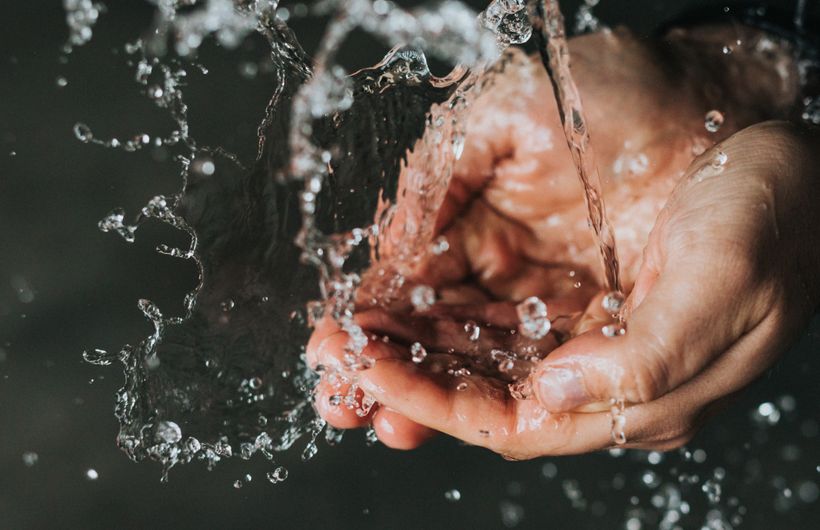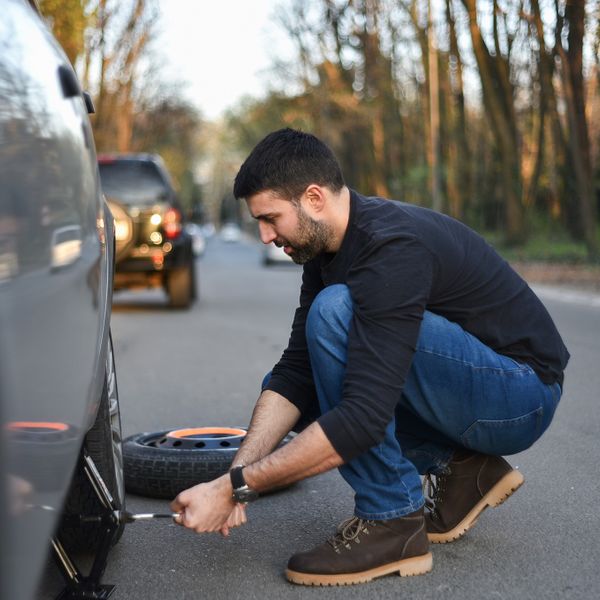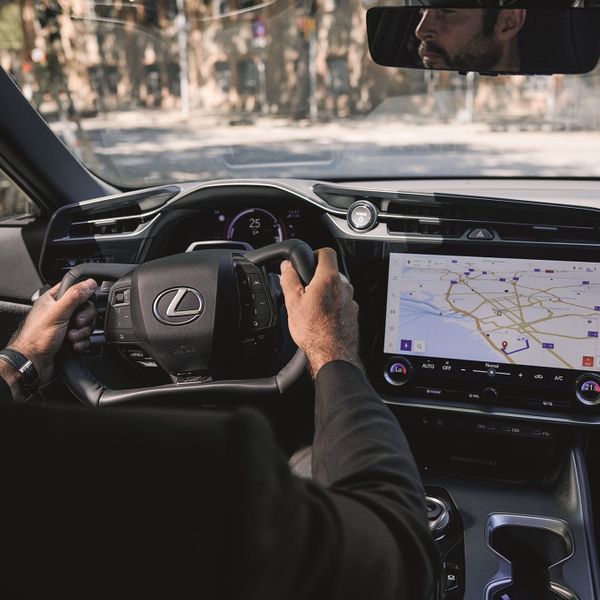Are electric charging units and fuel pumps infectious?
As with all surfaces fuel pumps and charging points may harbour infection, but the risk is no greater than any other publicly-available item. However it’s sensible to use gloves or a paper towel to hold the nozzle if you’re charging your car at a public charger or filling up a fuel station. Bear in mind that the gloves and towels which are usually freely available from near the pumps might well have been nicked or be in short supply in these unusual times, so take your own as a back up - a couple of sheets of kitchen roll will be enough. Most fuel stations now offer contactless payments, either at the pump itself or through an app, which means you can complete your fuel purchase at the pump, as long as the transaction is below the recently-increased limit of £45. This should be enough for any EV charge but is unlikely to buy you a full tank of old-fashioned fuel, so keep your glove on to enter your PIN. If you need to pay using cash then - at the time of writing - most fuel stations will still take payment, although you’ll need to be aware of social-distancing.Make sure you clean your home charger regularly too with a decent and preferably antibacterial cleaning product, particularly if somebody who has the virus may have used it.
What happens to driving and theory tests?
Unless you are a key worker, it’s likely you are going to have to put your plans to get a full licence on hold until this is all officially over. If you do have an essential need to drive (such as being an NHS worker who can’t get to work without driving) then you can apply for an emergency test.Presuming you don’t fall into this category, your theory tests have been suspended up to and including 20 April 2020, but it’s likely to be extended until the government thinks it is safe. You’ll get an email to tell you that your test has been cancelled and you’ll automatically get a refund. It may take a few weeks to arrive though, so be patient. You’ll then have to book a new theory test for a date and time after 20 April 2020 that suits you. You can still book, change or cancel tests for 21 April 2020 onwards but bear in mind that these might be cancelled too and you’ll have to repeat the process. Practical driving tests - the part where you actually drive around - are suspended for up to three months. You’ll get an email offering a new appointment which is likely to be around 12 weeks after your original test date.
What if my car needs an MOT?
If your car’s MoT was due to expire before 29th March 2020, or it failed a test before this date, then you’ll need to get it an MoT. Garages that do the tests are considered essential businesses so are likely to be open, but may well be short staffed as testers may be ill or isolating. Call around to see if you can get an appointment.If your MOT was due after this date, it will be automatically extended for six months to ease the pressure on the system of coronavirus. This doesn’t mean you can neglect the condition of your car though and you’ll still be expected to check your car is roadworthy. You can still be fined for having a bald tyre or broken light, for example.
My service is due. Is it safe to leave it for a few months?
If you aren’t going to work as usual it’s likely that you are going to be doing far fewer miles and therefore won’t need to get your car maintained. So it’s pretty safe to say you can leave your service for a few weeks without it doing any harm. Even when you come to sell the car, buyers are likely to be sympathetic to your explanation of why the service was late.Workshops and garages are still open, but most franchised dealers (that’s the official ones approved by the car maker) are only accepting bookings from people classified as essential workers. Even then, it’s likely they will encourage you to postpone your service for a few weeks to keep the workshop clear for repairs.However, if your car is still under warranty from the manufacturer or a secondary cover provider (such as you’d get from a used car dealer) then the situation gets a little more complicated. It is usually a term of the cover that the car has to be serviced on time, so not having it done could invalidate any claim. Many companies have modified their terms and conditions to reflect the current situation and allow some servicing leeway, but don’t assume yours has - check the company’s website or email them for confirmation. You’ll want something in writing if it all goes wrong in a year’s time.
I’ve got a lease or PCP finance deal coming to an end. Can I return it or will the car be collected?
There are generally three routes you can take when your finance term is coming to an end. You either hand it back, refinance to buy the car or swap to another new car with a new agreement. In the current lock-down, your finance company is likely to be keen to extend the finance agreement for a few months or sell the car to you at a preferential rate, so it’s worth having a chat with them.If you want to return the car, then inform the dealer or finance company and do not drive it past the date of your agreement. Try to make an arrangements to have it collected or to return it yourself - but make sure everyone knows what is happening and can keep distanced. It goes without saying that you should also make sure the car is cleaned inside and you’re not going to expose any dealer employees to potential infections.
Can I get a refund on my tax and insurance for the months I’m not using my car?
If you are not using your car at all and it is stored off the public road, you can apply to the DVLA for a refund on your road tax. You will be given back the amount for any unused whole months, so it is worth applying at the end of a month to maximise the amount you will get and the can use the car.The process is straightforward on the DVLA website and is called SORN (Statutory Off Road Notification); you will just need your registration document. Bear in mind that the refund amount will be sent as a cheque, which can be difficult to pay in under lockdown.You will also need to re-tax the car before you use or park it on the road. If you have a large car it could save you £50+ per month or more. Electric and hybrid cars usually have zero-rated or low tax rates, so you might not think it worth the hassle.Insurance is a little trickier. Legally the car will need to be insured if it is kept on the road, but it won’t need to be if it is stored on your drive or in a garage. However, it’s not inconceivable that the car could be stolen or damaged, so you will still want cover. If you have come to the end of your policy term you could switch to a ‘laid up’ insurance policy which will cover the car against being damaged or stolen, but not for any accident while the car is moving. Any good broker should be able to arrange this.Some brokers might also be able to negotiate such cover for you if you are in the middle of a policy and reduce your monthly payments. They’re not obliged to however, so don’t rely on it.
![]()














